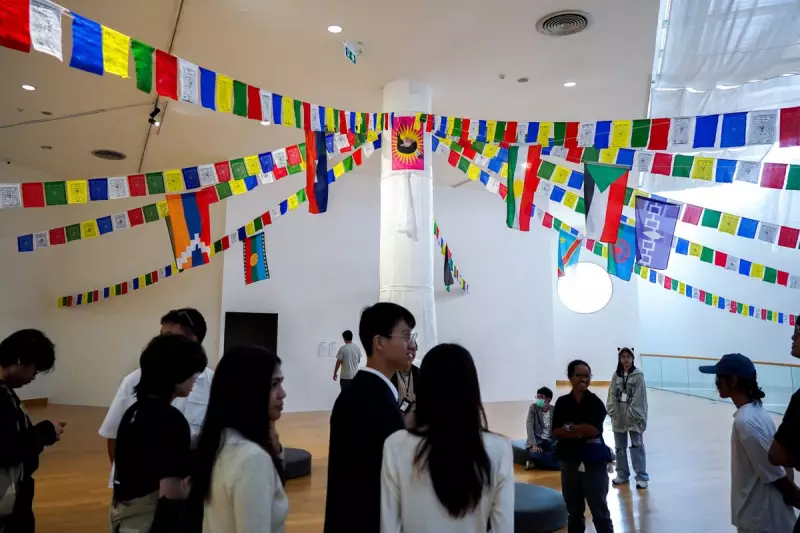
Chinese officials reportedly pressured Thai authorities to censor an art exhibition in Bangkok that featured works addressing the plight of Uyghur Muslims and Hong Kong's pro-democracy movement. The incident has reignited concerns over Beijing's growing influence abroad and its efforts to suppress criticism of its human rights record.
Art Under Pressure
The exhibition, held at a prominent Bangkok gallery, included pieces by international artists exploring themes of oppression and resistance. Several works directly referenced China's treatment of Uyghur minorities in Xinjiang and the crackdown on Hong Kong's freedoms.
According to sources familiar with the matter, Chinese diplomats contacted Thai officials demanding the removal of what they deemed "politically sensitive" artworks. While no official censorship order was issued, gallery staff reported receiving "strong suggestions" to modify the display.
Freedom of Expression Concerns
The incident has raised alarm among human rights advocates and artistic communities. "This is a clear example of how China exports its censorship regime," said one Southeast Asia-based art curator who wished to remain anonymous. "When foreign governments start self-censoring to avoid Beijing's displeasure, it sets a dangerous precedent."
Thai officials have not publicly commented on the alleged pressure from China. The country has walked a diplomatic tightrope in recent years, balancing its economic ties with Beijing against Western concerns about human rights.
Growing International Backlash
This isn't the first time China has been accused of interfering in cultural events abroad. Similar incidents have been reported in Europe and North America, where exhibitions or performances touching on Tibet, Taiwan or human rights issues have faced pressure or cancellation.
The Bangkok case highlights the challenges faced by artists and curators addressing politically sensitive topics in an era of increasing Chinese global influence. As one participating artist noted: "Art should provoke thought, not political retaliation."





